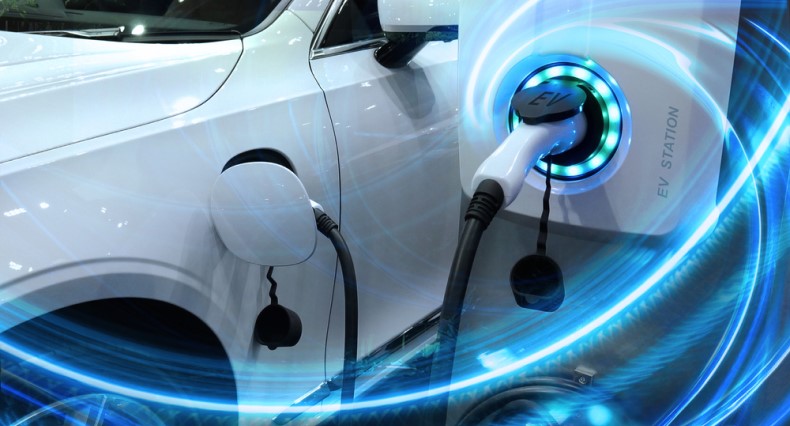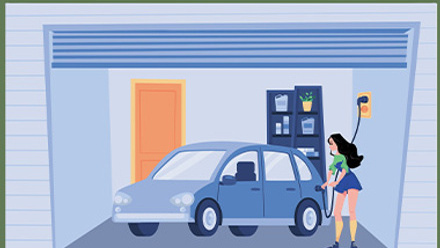Case study: Epson employees embrace car salary sacrifice scheme
Epson UK and Epson Europe, subsidiaries of the global technology brand, needed a new car benefit scheme which would be beneficial to both the business and its employees.
The organisations originally wanted to provide a range of benefits to their staff which included sought-after benefits such as company cars.
From an employee perspective, the new scheme also had to support employee financial wellbeing whilst being inclusive for as many employees as possible.
Early adopters of salary sacrifice schemes since 2014, Epson had already worked with other car benefit providers, but over time it became apparent that the service was failing to deliver due to clunky execution and poor service.
This meant they needed a viable alternative: something that would be easy-to-manage, genuinely beneficial to employees, and hassle-free.
Following considerable research, Epson’s experienced fleet manager Julie Fernandes chose Tusker as their next partner, and the car benefit scheme officially launched in July 2019 to 485 eligible employees. The launch coincided with the introduction of the 0% Benefit-in-Kind (BIK) rate (non-cash benefit provided for personal use), which led to a surge in orders for Electric Vehicles (EVs).
Green car benefits play an increasingly important part in financial wellbeing programmes thanks to salary sacrifice schemes and generous BIKs rates.
The salary sacrifice mechanism in particular helps employees’ salaries go further because it lowers the tax and National Insurance contributions (NICs). And it lowers the NIC burden for employers too.
In addition, EVs are becoming increasingly inclusive, widening eligibility to employees across more pay bands than previously available.
The inclusivity, financial savings and overall convenience of having an EV salary sacrifice scheme has therefore been a highly popular benefit among eligible Epson employees. Five years on, with many agreements coming up for renewal, 84% of employees are now reordering.
As Julie Fernandes commented: “Tusker’s ordering portal is extremely user-friendly and the integration of Tusker into Epson’s existing employee benefits portal was seamless right from the start, so employees are able to easily access and understand various options available to them.”
Crucially, the car scheme offers a lifestyle protections policy which provides additional added insurance to cover both employer and employee in event of redundancy or lifestyle changes.
This became a standout feature for Epson. Under personal lease arrangements, individuals are typically ‘locked in’, so if circumstances change, the individual remains responsible in meeting their monthly financial obligations. And if there’s a need to terminate the contract mid-term, there will often be a significant penalty.
However, the built-in protections recognise that circumstances can and do change, so in the event of early cancellation there is no penalty fee for either employee or employer. This, says Fernandes, is essential to ensure the car benefit scheme remains a genuine benefit rather than a burden.
Overall, the scheme has been a huge success, and it has also helped Epson with its environmental objectives and its road to zero emission targets.
Epson has offset more than 150 tonnes of carbon since launching the scheme, which offsets the carbon created by charging emissions for electric vehicles, on behalf of customers.
Supplied by REBA Associate Member, Tusker
Tusker is the UK’s leader in salary sacrifice cars. Part of Lloyds Banking Group, it has more than 15 years’ experience in offering an affordable way for employees to drive a new, fully insured, and maintained car. Its scheme, which is available to over 1.8 million UK employees, offers a range of options, from pure electric cars to hybrids and even traditional petrol and diesel vehicles. It provides a tailored scheme for organisations’ individual needs.








